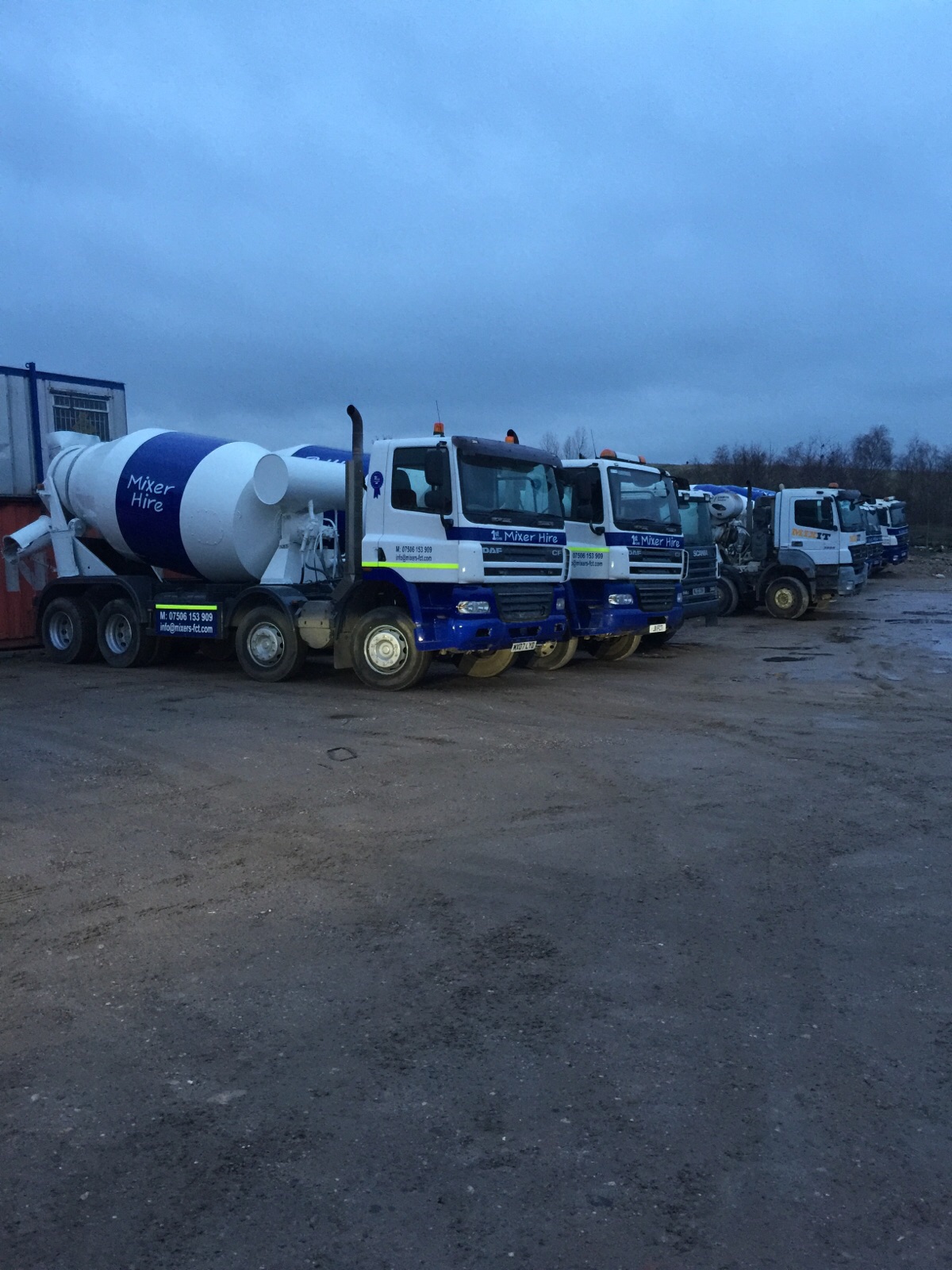

“Féasta Focail” teaches Irish words through games. “Séideán sí” will read the children a story in Irish. We have been learning “Old Town Road as Gaeilge”. Gaeilge: Listen to some pop songs in Irish with TgLurgan or watch some children’s cartoons in Irish using Cúla4. News2Day: this is a fantastic child-friendly website that will help the children keep up with the latest news from Ireland and around the work. (Excellent free readers to help your child read to their level.) These website have a range of stories that the children can listen to in the spare time!. “Alphablocks” Phonics Youtube Videos: Excellent for learning phonics. These websites are full of fun and interactive phonics games for children. Featuring multiplayer learning games, math games, language arts games, and much more! Fun and free educational games for kids in K-8. Is another great online website for Maths games In each topic there is an activity known as special delivery which is an activity for children to take home and share with parents / carers.Noggle (search ‘Noggle Maths’ into Google images and complete as many number sentences as you can with the given numbers) The intervention has 4 or 5 topics and within each there are 5 different lessons and an additional lesson known as setting the scene, where an assessment is made of what the children already know and what they need help with. What are it’s aims?ġst Class Number aims to raise the attainment of children who have moderate difficulties with mathematics from approximately level 1C towards level 2 (for 1st Class Number 1) and from Level 2C towards 3 (for 1st Class Number 2). It aims to build children’s confidence in mathematics as well as challenging them, and seeing them succeed while having fun. This gives them a prompt to discuss their progress and achievements. The intervention has a post office theme children use letters, postcards, parcels and house numbers to support their learning.Īt the end of the sessions children sometimes take a post card away with them, either one the teaching assistant has written or one they write for themselves which they then share with their class teacher. The topics focus on key aspects of number drawing on research into the maths that causes the most difficulties for children. Year 4 Multiplication Check informationĬhildren have 30 lessons in about ten weeks, organised into 5 topics:.Local Community offers for adults and families.Special Education Needs and Disabilities (SEND).


 0 kommentar(er)
0 kommentar(er)
